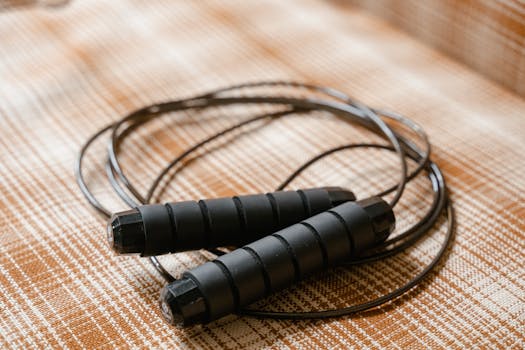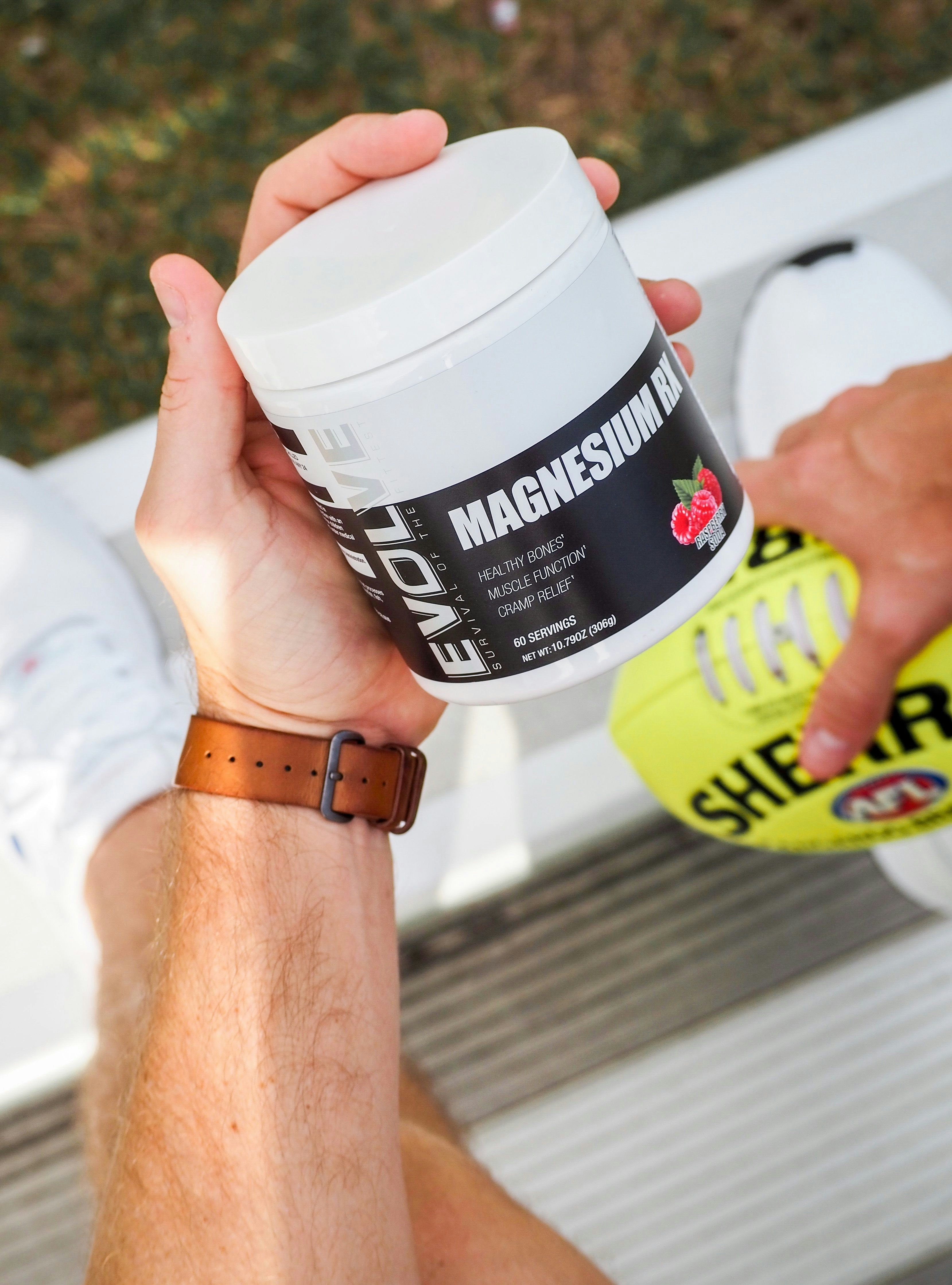Thriving Post Menopause: Strategies for Health & Fitness
Nov 18, 2024
Menopause marks a significant transition in a woman's life, signaling the end of reproductive years and often bringing about various physical and emotional changes. Navigating health and fitness during this phase can be challenging, but with the right strategies and support, it is entirely achievable. This comprehensive guide delves into the challenges women face post menopause, effective strategies for managing weight, enhancing fitness, and improving mental well-being, all while emphasizing the importance of personalized training solutions like those offered by Tidalflow.
Understanding Menopause and Its Impact
What is Menopause?
Menopause typically occurs between the ages of 45 and 55, with an average onset around 51. It is defined as the time when a woman has not had a menstrual period for 12 consecutive months. This transition is often accompanied by various symptoms, including hot flashes, night sweats, mood swings, and weight gain, primarily due to hormonal changes.
Hormonal Shifts and Their Effects
The primary hormonal change during menopause is a decrease in estrogen levels. This reduction can affect several bodily functions:
Metabolism: A slower metabolism can lead to weight gain, particularly around the abdomen.
Bone Density: Decreased estrogen can result in lower bone density, increasing the risk of osteoporosis.
Muscle Mass: Women may experience a loss of muscle mass, making strength training essential.
Understanding these changes is vital for developing effective health strategies post menopause.

Weight Management Strategies
Importance of Nutrition
Nutrition plays a crucial role in managing weight after menopause. Here are some dietary strategies:
Balanced Diet: Focus on whole foods, including fruits, vegetables, whole grains, lean proteins, and healthy fats. This balance helps regulate weight and provides essential nutrients.
Caloric Intake: As metabolism slows, it may be necessary to adjust caloric intake. Monitoring portion sizes and being mindful of calorie-dense foods can aid in weight management.
Hydration: Staying hydrated is essential for overall health. Water can also help manage hunger and improve metabolism.
For more information on effective weight management, check out our article on reducing body fat percentage.
Exercise and Physical Activity
Regular physical activity is crucial for managing weight and improving overall health post menopause. Here are some effective exercise strategies:
Strength Training: Incorporating strength training exercises can help combat muscle loss and boost metabolism. Consider using our lift weight calculator to determine appropriate weights for your workouts.
Cardiovascular Exercise: Engaging in aerobic activities like walking, cycling, or swimming can help burn calories and improve heart health. For tips on how to stay active, see our post on how a pedometer encourages a physically active lifestyle.
Flexibility and Balance: Incorporating yoga or Pilates can improve flexibility and balance, reducing the risk of falls as bone density decreases.
Setting Realistic Goals
Setting achievable fitness goals can help maintain motivation. Consider starting with small, manageable goals and gradually increasing intensity and duration. Tracking progress can also enhance motivation and provide a sense of accomplishment.

Mental Health and Emotional Well-being
Understanding Emotional Changes
Post menopause, many women experience emotional changes due to hormonal fluctuations. These can include mood swings, anxiety, and depression. Recognizing these changes is the first step toward managing them effectively.
Strategies for Mental Well-being
Mindfulness and Meditation: Practicing mindfulness can help manage stress and improve emotional health. Techniques such as meditation or deep-breathing exercises can be beneficial.
Social Connections: Maintaining strong social ties can provide emotional support. Engaging in group activities or classes can foster connections and reduce feelings of isolation.
Professional Support: Seeking help from a mental health professional can be beneficial for those struggling with significant emotional changes.
For more insights on maintaining mental health, explore our article on science-backed workout recovery strategies.
The Role of AI in Personal Training Post Menopause
Personalized Fitness Solutions
At Tidalflow, we understand that every woman's experience with menopause is unique. Our AI-powered personal training solutions offer tailored fitness plans that consider individual health needs, fitness levels, and personal goals. This personalized approach can help women navigate the challenges of post menopause effectively.
Benefits of AI Personal Training
Customized Workouts: Our AI technology creates customized workout plans that adapt to your progress and preferences, ensuring that you stay engaged and motivated.
Nutritional Guidance: Alongside fitness plans, Tidalflow provides nutritional advice tailored to your specific needs, helping you manage weight and improve overall health.
Ongoing Support: With Tidalflow, you have access to ongoing support and adjustments to your training plan as your needs change over time.
Conclusion
Navigating health and fitness post menopause can be challenging, but with the right strategies and support, it is entirely achievable. Emphasizing nutrition, regular exercise, and mental well-being can significantly enhance quality of life during this transition. Tidalflow's AI personal training solutions offer unique benefits tailored to your individual needs, helping you stay fit and healthy post menopause.
Ready to take the next step in your fitness journey? Explore our personalized training options today and discover how Tidalflow can support you in achieving your health goals!
Disclaimer: This article is for informational purposes only and does not substitute professional medical advice. Consult a healthcare provider for personalized recommendations.
You should not have to do it all on your own













